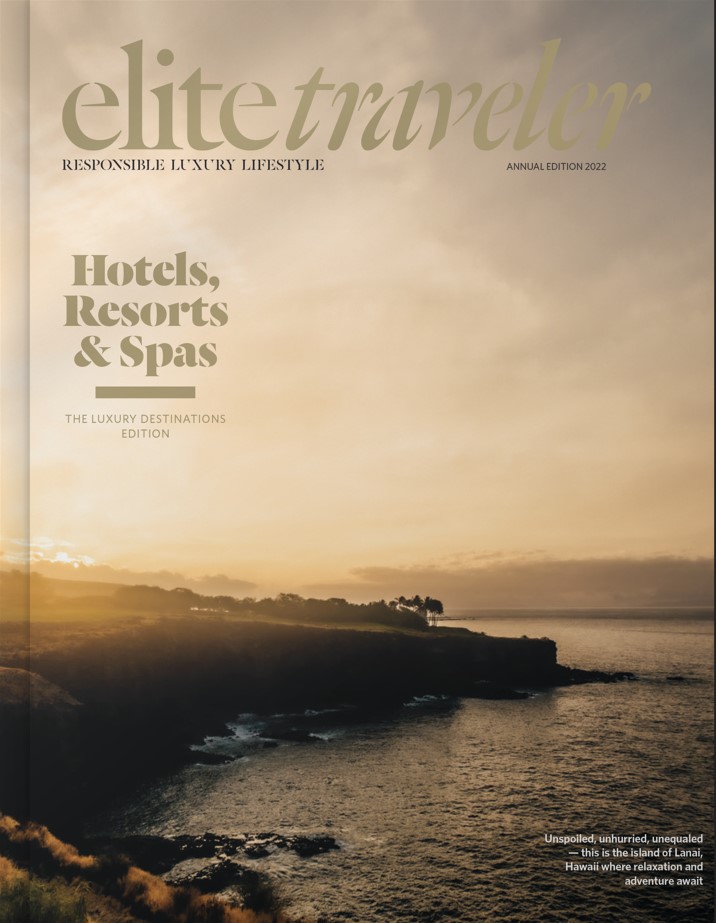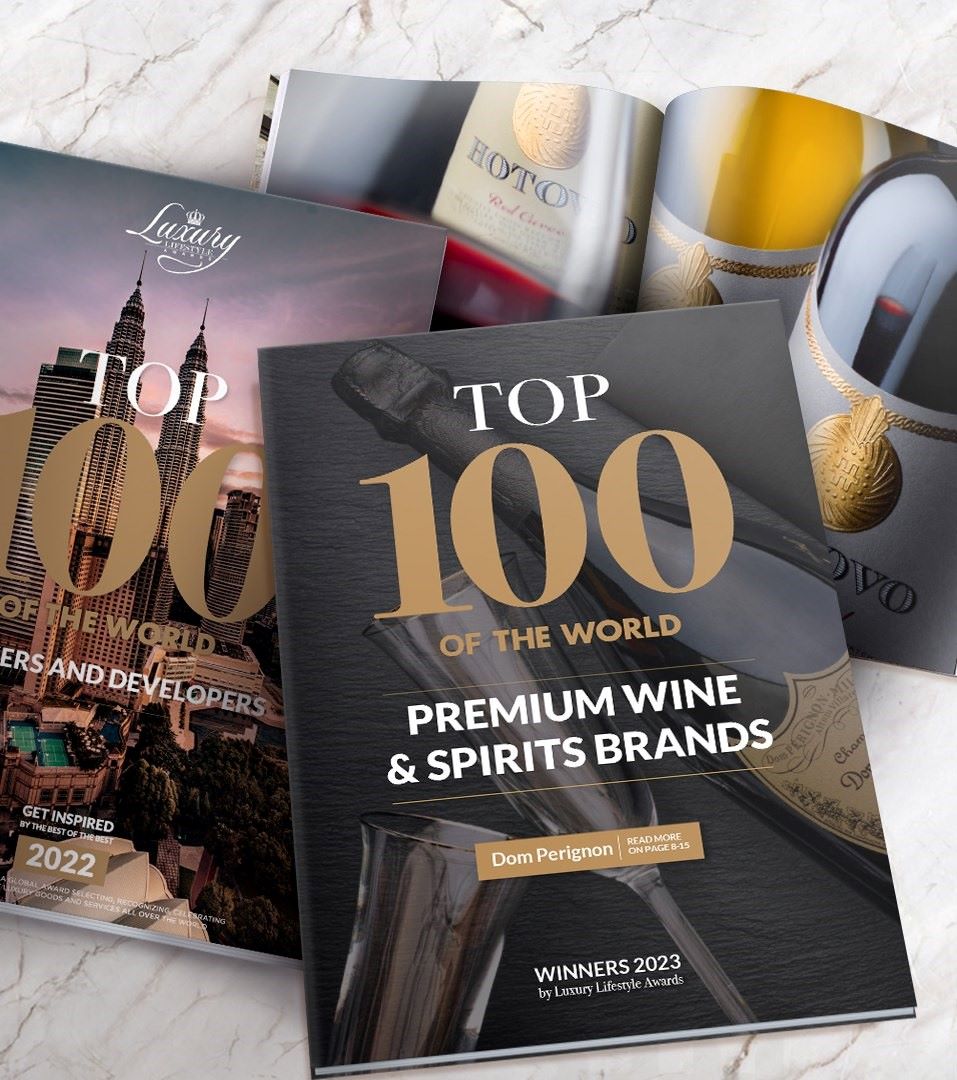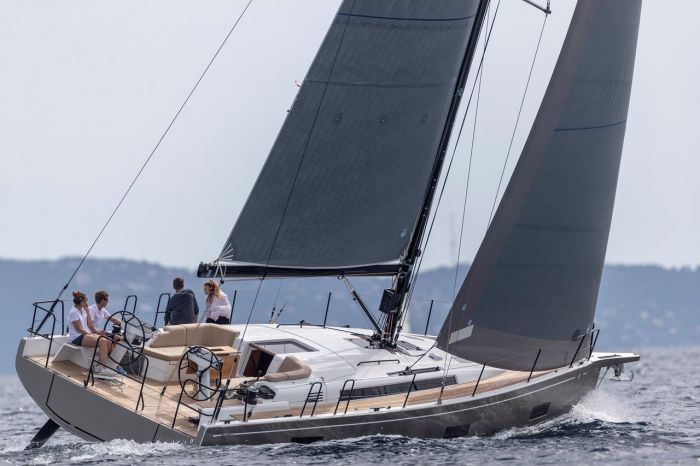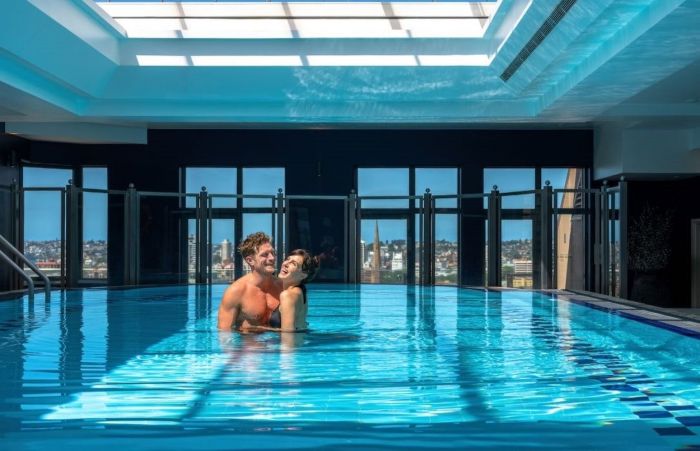
The hospitality industry is gearing up for elevated demand among both leisure and business travelers. Last year, the global luxury market collectively grew 4 percent to an estimated $1.15 (€1.08) trillion, according to a recent Bain & Company Luxury Study. Coupled with optimistic forecasts that the luxury goods market will pick up this year, this comes amid evidence that, despite widespread geopolitical uncertainties, luxury consumers are redirecting their spending toward new and more personalized high-end experiences like luxury travel, food and wine.
"The luxury market has reached a maturation point," said Claudia D’Arpizio, lead author of the study. "Brands can no longer rely on low-hanging fruit. Instead, they really need to implement differentiating strategies to succeed going forward. We are already starting to see clear polarization when it comes to performance with winners and losers emerging across product categories and segments."
D’Arpizio also underscored that personal luxury market brands that “take an omni-channel, customer-centric approach will rise to the top." Such is the prevailing wisdom for both the B2C and B2B luxury travel sector, specifically, with personalized experiences, quality of service and private booking options serving as primary distinguishing factors for luxe brand positioning throughout 2017 and beyond.
Here is how these key drivers will converge with evolving luxury travel trends to greatly influence various vertical sectors—and, in doing so, the marketplace at large—in the months ahead:

1. Small group cultural immersions loom large.
Travelers are increasingly seeking exclusive and regionally-authentic itineraries that cater to small groups. Tour companies like Fort Washington, Pennsylvania-based Gate 1 Travel are capitalizing on this trend with offerings that provide the convenience of an escorted tour with the intimate view of local cultures that large groups just can’t provide. “Our small group tours option has seen, by far, the most significant increase in booking volume–up 50% in 2016,” the company reports.
A City Lodge Hotel Group report concurs that the trend of being “connoisseurs of local culture” will boom this year. It emphasizes that indigenous tourism experiences and cultural immersion will remain a big factor whether traveling within your own home country or jaunting to faraway lands. “We’ll see more people wanting to visit more than the big landmarks and monuments of their destination,” it says. “Rather people are more likely to be interested in knowing about the locals—those that call that place home. Trips to the rural communities will become popular, and travelers are likely to be more interested in private guides that teach them about the traditional ways of life.”
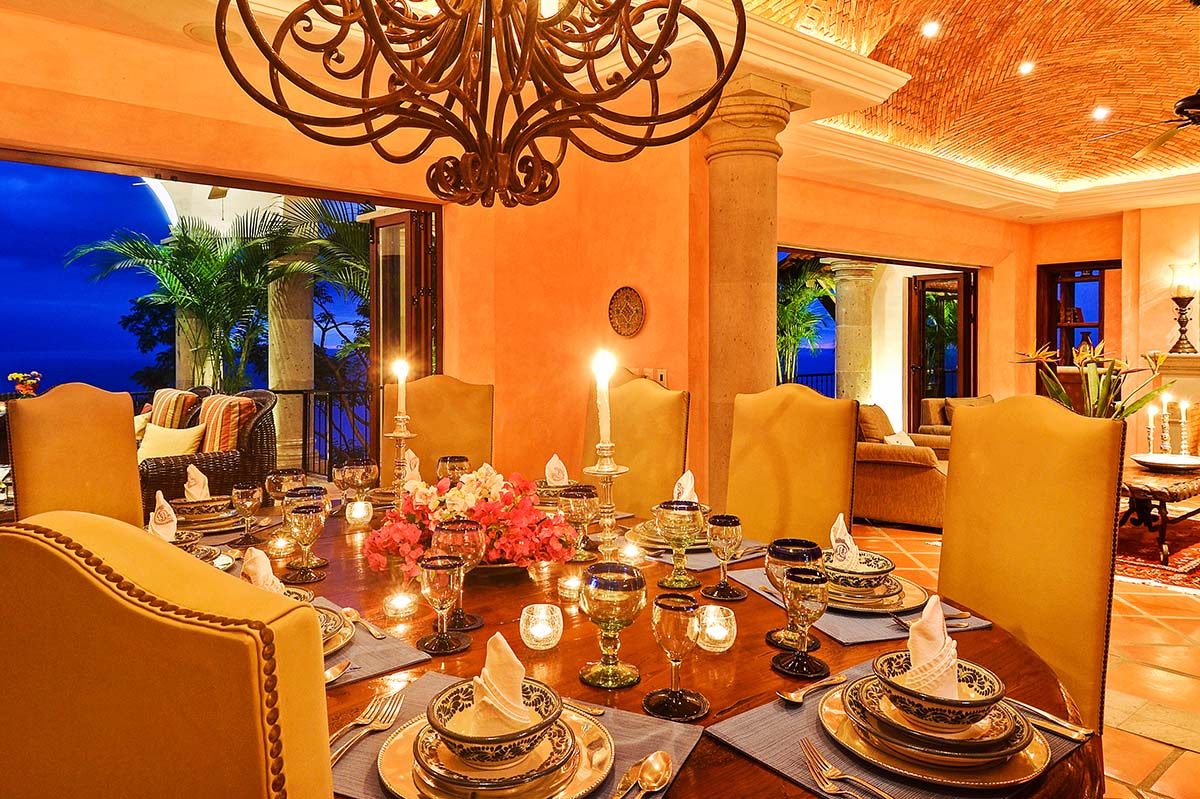
2. Private villa travel surpassing leading luxe resorts.
Today’s breed of private villa rentals have become the ultimate in luxury travel lodging for vacationers and business travelers, alike. This is due to the vast array of benefits and creature comforts it proffers for couples, families and small groups. While maximized privacy and security, uber-tailored guest service and five star accommodations and amenities are chief reasons the trend toward private villa lodging is exploding, an elite few have offerings far beyond that don’t just rival, but far exceed, those offered by high-end resorts, including those elite penthouse suites.
According to luxury travel agent Sandy Webb who books elite vacations all over the world “private villa residences offering first class, one-of-a-kind services are ushering in an entirely new era of bespoke hospitality around the globe. They are, in fact, single-handedly setting a new and decidedly elevated standard for luxe travel worldwide.”
One private villa exemplifying this new standard is Casa Dos Cisnes: a 10,000-square-foot oceanfront villa in Puerto Vallarta. The five-bedroom colonial-style home boasts breathtaking views of the Pacific, can accommodate up to 10 adults and strives to ensure each guest’s desires and expectations are more than fulfilled. According to owner Cathryn Arnell, this includes proffering a bevy of premium benefits, including custom-prepared gourmet meals from an on-site private chef, 24/7 bilingual butler service and multiple staff, monitored security, concierge and spa service, musicians for hire, sports and boating excursions, and much more.

3. Higher caliber private jet jaunts.
According to Sergey Petrossov, founder and CEO of JetSmarter—an industry-leading private jet company based in Dubai, people are increasingly growing accustomed to personalized experiences. So much so, that it isn’t a demand anymore; it is now an expectation. In order for brands to be memorable, they need to remember their customers and offer unique customized experiences. For its part, JetSmarter achieves by placing a heavy emphasis on member relationships, with each assigned a relationship manager who is responsible for creating personalized and customizable private travel experiences.
JetSmarter also cites that there’s a very thin line between high-end and luxury, with the difference barely noticeable. “The travel industry is inundated with both high-end and luxury brands, however the distinction is relatively minor,” Petrossov said. “People often confuse high-end brands for luxury ones. Luxury brands essentially need to heighten their levels of service to be able to distinguish themselves from their high-end counterparts.”
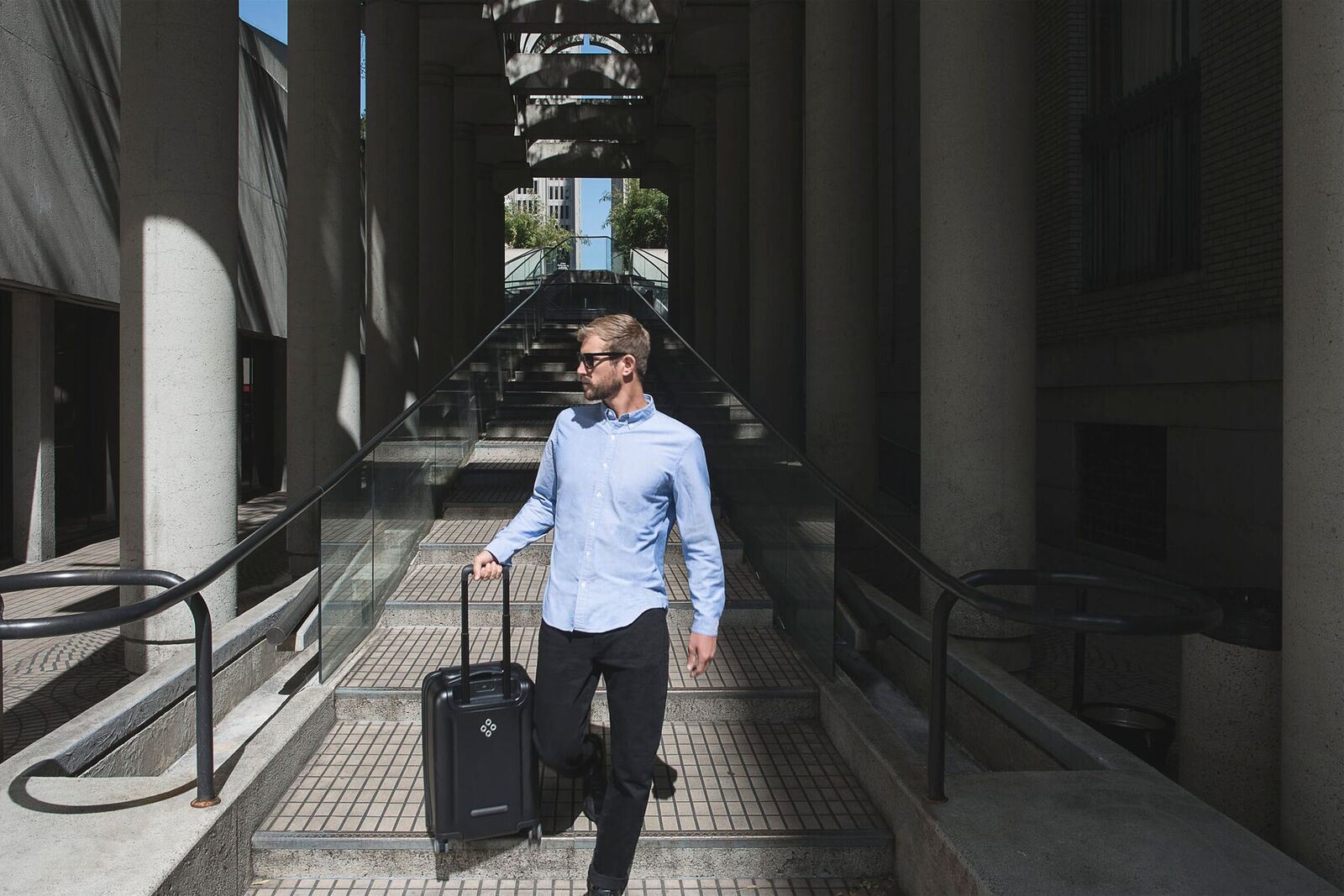
5. Game changing smart suitcases solve perennial problems.
Travel is tough enough in the best of circumstances and is all-too-often replete with challenges. Not surprisingly, technologists have responded with problem-solving gadgets and gear to keep up and one glowing example of this is the advent of smart luggage.
Bluesmart Suitcase is one example; the carry-on keeps traveler’s belongings tracked, devices charged, bag secure and trips hassle-free thanks to integrated technology that syncs to an associated mobile app that’s compatible with both iPhone and Android. The suitcase features a built-in battery/charger with 2 USB ports and a 3G+GPS tracker with global coverage to track the suitcase anywhere in the world; a scale built right into the handle that interfaces with the app to tell you the approximate weight of your suitcase; and a remote digital lock that can be set up to lock itself when you step away and to unlock when you return. Similarly, the Floatti suitcase also offers a scale and the ability to charge, while the handle connects wirelessly to your smartphone so you can change music, set off an SOS alarm and compose voice-to-text messages.

Despite the fact that luxury sales fell flat in 2016 as consumers shunned traditional products, it’s experiences—namely travel and entertainment—that are predicted to drive sector sales growth up ahead. "There is a progressive shift from physical products to experiences, especially in the last year," Federica Levato, partner at Bain & Company and co-author of the study, told Reuters, predicting that trend would continue. With the world economy poised to regain momentum this year and the penchant among wealthy consumers to spend on travel and gourmet food and wine rather than clothes and accessories, the future is bright for high-end hospitality.











